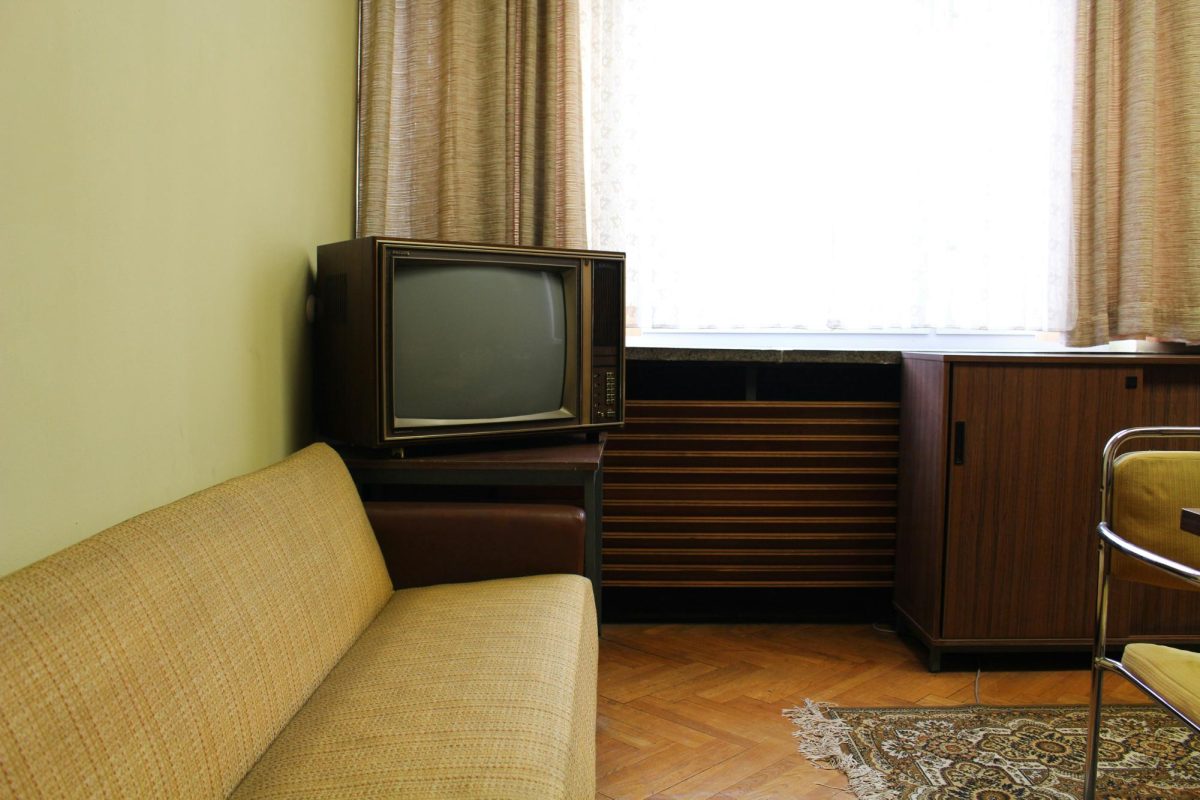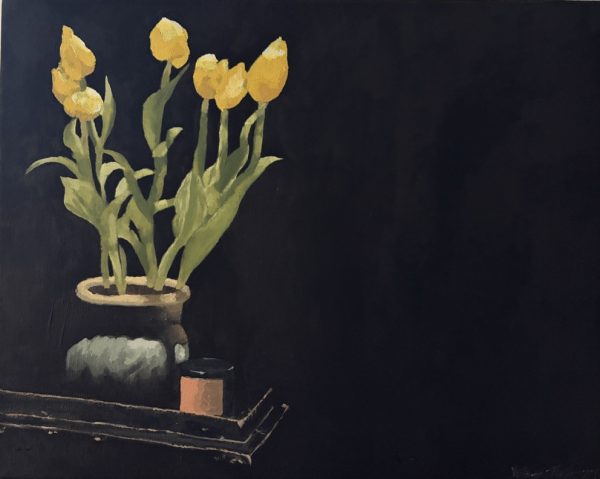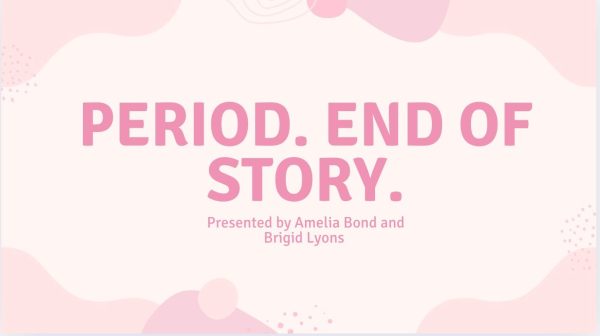Should Bojack Have Died?
!!!!!!Spoilers!!!!!!
For a show about an anthropomorphic horse, Bojack Horseman tackles themes of depression, addiction, narcissism, and abuse with artistic mastery and humor, but also in a way that challenges its audience to think deeply about their own behaviors and the way these themes manifest in the real world. Like many characters with a fatal flaw, Bojack represents obvious self-destructive attributes, which do ultimately lead to his downfall. In season six, when his history of abuse is fully revealed, he is revered in the public eye and by his friends alike, consequently resulting in his near-death. So naturally, it would make sense for the show to end with an absolute, and there’s no better way to accomplish that than with the death of Bojack Horseman. The show even seemed to tease his death from the beginning, as the intro depicts Bojack falling backwards into his pool and drowning. And when this drowning actually happens, it seems like his fate is sealed. But something interesting happens instead: the show subverts our expectations, and Bojack lives.
While many people argue that Bojack should have died, or even deserved to, I disagree with this entirely. Wishing death upon Bojack is missing the most important message of the show: that people have the capacity to change. In fact, Bojack’s constant assertion that he is not going to change becomes his greatest barrier. Though he wants to change, his belief that he is incapable of it alleviates him of any responsibility to try and be better. And we learn throughout season 6 that he is, in fact, capable of bettering himself, but only when he actively tries to. Furthermore, his choice of betterment not only positively impacts him, but the people around him.
But as I mentioned earlier, his upward-trajectory was jeopardized greatly in season six when Bojack’s patterns of abuse and destructiveness are revealed to the world and the public turns on him. This is triggered when an interview strategically planned to make Bojack look sympathetic is conducted, accomplishing this at first. But, Bojack’s re-entry into the limelight, and subsequent praise leads him to seek out a second interview. This time, everything is revealed, warts and all, and Bojack is not celebrated. The disturbing details of Sarah Lynn’s death are uncovered, and he is accused of using his position of power as a father figure to take advantage of Sarah Lynn’s vulnerability. Further, Bojack is accused of using this power to take advantage of all the women in his life. This is Bojack’s reckoning. Bojack breaks his sobriety, resulting in his overdose and drowning. And this could be where the series ends. But like Dianne says in the finale, “sometimes life’s a bitch, and then you keep living”.
After the penultimate episode The View From Halfway Down, it is revealed that Bojack survives his drowning. The View From Halfway Down is a dream sequence of a dinner party where Bojack is confronted by deceased members of the show, some whose death he bore levels of responsibility for. He becomes convinced throughout the episode that he too is dead, finishing with a black-tar like substance that consumes the other deceased characters reaches him as well. So, it is understandable to assume this as the natural ending of the show. However, Bojack wakes up in the hospital, handcuffed to his cot, finally forced to take serious consequences for his role in Sarah Lynn’s death. And this is where I notice disagreement among fans about how the show should have ended.
Like I do after finishing any show I enjoy, I did a deep dive on all things Bojack Horseman related. And maybe a little unfortunately, this led me to Reddit. Innumerable r/BojackHorseman members praised the show for it’s artistry, however the only complaint I came across was pertaining to the series end. I found it truly interesting how vehemently people argue in favor of Bojack’s death, or on the flipside, that he doesn’t deserve the satisfaction of death. And while I find some truth to the latter statement (in that he needs to live with the consequences of his actions), I don’t believe that the continuance of Bojack’s life is a punishment. His near-death is a warning, and his survival is a second chance.
Ultimately, having to go to jail was vital for Bojack, and for the people in his life. Because of jail, Bojack finally has a shot at recovery through accountability. Furthermore, not only do his arrest and choice of betterment positively impact him, but also the people around him. Dianne is freed from her responsibility as a caretaker of Bojack. Princess Carolyn is able to relinquish that role as well and commit herself fully to her career, marriage, and daughter. Todd is no longer stunted by Bojack’s dependency on him and is able to gain confidence and autonomy. After finally gaining separation from Bojack, the people in his life get to make their own choice to be part of his life anymore, or to part with him. Whether or not the individuals decide Bojack is deserving of another chance is up to them, but he is deserving of another chance at life, simply because he is a person, deserving of compassion, and the belief that we must use the consequences of our actions as the foundation of self-betterment. The benefits of Bojack’s self betterment to not only him, but the people around him, are clear.
In the first season of Bojack Horseman, Bojack asks a question that sets up the thematic thesis for the entire show: “do you think it’s too late for me?” And essentially, wishing death upon Bojack would be answering this question with “yes.” We must believe we have the capacity to change and encourage change wherever we see need for it. Because if we believe our fates are sealed, there is no incentive to try and be better people. Bojack answers his own initial question after 6 seasons in the final episode, saying, “Look, nothing’s easy, but I wouldn’t be talking to you now if I didn’t believe that it wasn’t too late for us.” It wasn’t too late for Bojack, and the show teaches us that it’s not too late for the rest of us either.
Photo by Sebastien LE DEROUT on Unsplash









